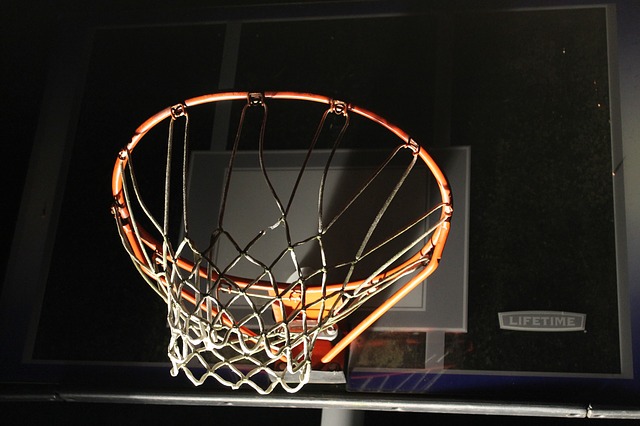In Super Bowl XLIX, the Seattle Seahawks were driving late in the game, with an opportunity to all but guarantee victory with a touchdown. But on second down and goal with 26 seconds left, Russell Wilson threw a pass that was intercepted by Malcolm Butler, sealing the victory for the New England Patriots.
In a similar situation in the Sweet Sixteen round of the 2017 NCAA Tournament, Derrick Walton Jr. had an open shot to send the Michigan Wolverines to the Elite 8, and he missed.
These two critical, last-second plays tragically ended the season for each of these players’ teams. They are plays that I’ve heard criticized and analyzed over and over, from the decisions made, to the execution. But ultimately, I would argue that neither Pete Carroll nor Derrick Walton Jr. should have any regrets.
Why?
Because they both put their teams in the best situations to win, regardless how things ended up.
And if there’s anything that’s certain in the world of sports, it’s that success is never guaranteed.
Given the situation the Seahawks were facing, Pete Carroll’s decision to throw the ball was fine. Sure, you can argue that Marshawn Lynch would have scored if they handed the ball off, but it’s purely speculation. Throwing the ball on second down gave the Seahawks the best chance to win. Or, at the minimum, it was no worse that it would have been if Carroll had decided to run.
The play went horribly wrong and the Seahawks lost because of it, but there’s no way Carroll could have predicted that before the play. And after that disastrous moment, Pete Carroll’s reaction after the game sheds a light on what has made his teams so successful through the years.
First, he admitted that the pain of the loss is incredible, and that “It was the worst result of a call ever.” Agreed.
But he also stood by the decision, because given the information he had available at the time, throwing the ball was a good choice. As Carroll said, “The call would have been a great one if we catch it. It would have been just fine, and nobody would have thought twice about it.”
And he’s dead on.
The play call wasn’t bad because it was the wrong decision. It’s considered a bad call because of the result.
The situation at the end of the Michigan-Oregon game was very similar.
Derrick Walton Jr. decided to pull up from three and missed. If he had known that he would miss the pull-up, obviously he would have done something different – maybe he would have driven to the bucket, or called timeout.
But given the flow of the game, and his well-deserved confidence in his ability to hit that shot, he made a fine choice to pull up. The shot he took was as a good of a look as Michigan could have expected. He just missed. It happens.
And that brings us to part of the beauty, and the agony, of the world of sports: No matter how much work you put it, or how many good decisions you make, success is never guaranteed.
You do all you can to put yourself in the best position to win – through training, studying game film, making adjustments throughout the game, etc. But there’s no guarantee you’ll succeed when the moment comes.
Throughout his career, Michael Jordan made 9 of 18 shots he took during “crunch-time” – moments when his team was trailing by one or two, or tied, in the last 24 seconds of a playoff game. With the game on the line, the best, and arguably most clutch, player of all time was no better than a coin flip.
I’m sure he was frustrated each time he missed, and learned from those misses, but did he let them discourage him? No. Because he knew that the misses are part of the game.
There’s a lesson here that applies beyond sports as well.
Everything worthwhile comes with the risk of failure, and we have to be able to accept that.
Sports happens to offer a great opportunity to learn to deal with this reality. When you’re preparing, put everything you have into it. Work, train, study, and practice with everything you have so that you’re at your best when your big moment comes. And once it does come, give it all you have. Play with all your heart, and leave nothing in the reserves.
But realize that still might not be enough.
And that’s ok. When things don’t go your way, you can’t be obsessed with the outcome.
Ask yourself two questions:
- Did I prepare to the best of my ability?
- Given the information at the time, did I make the best decisions I could and give it my all?
If you can honestly say yes to both questions, then there’s no reason to regret. Learn from your mistakes and do everything you can to prevent it from happening again.
But even then, remember that there are no guarantees.
-Brandon
